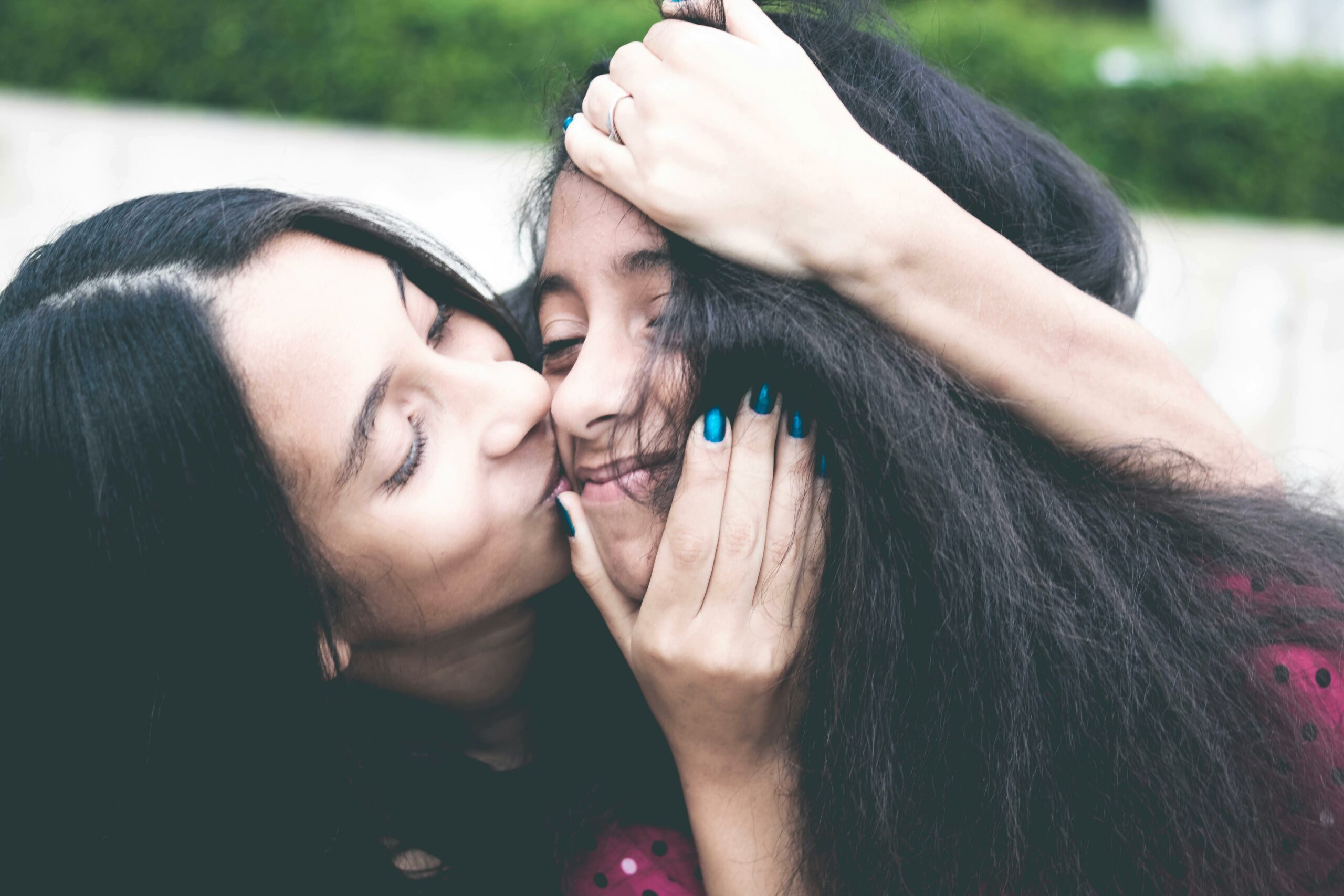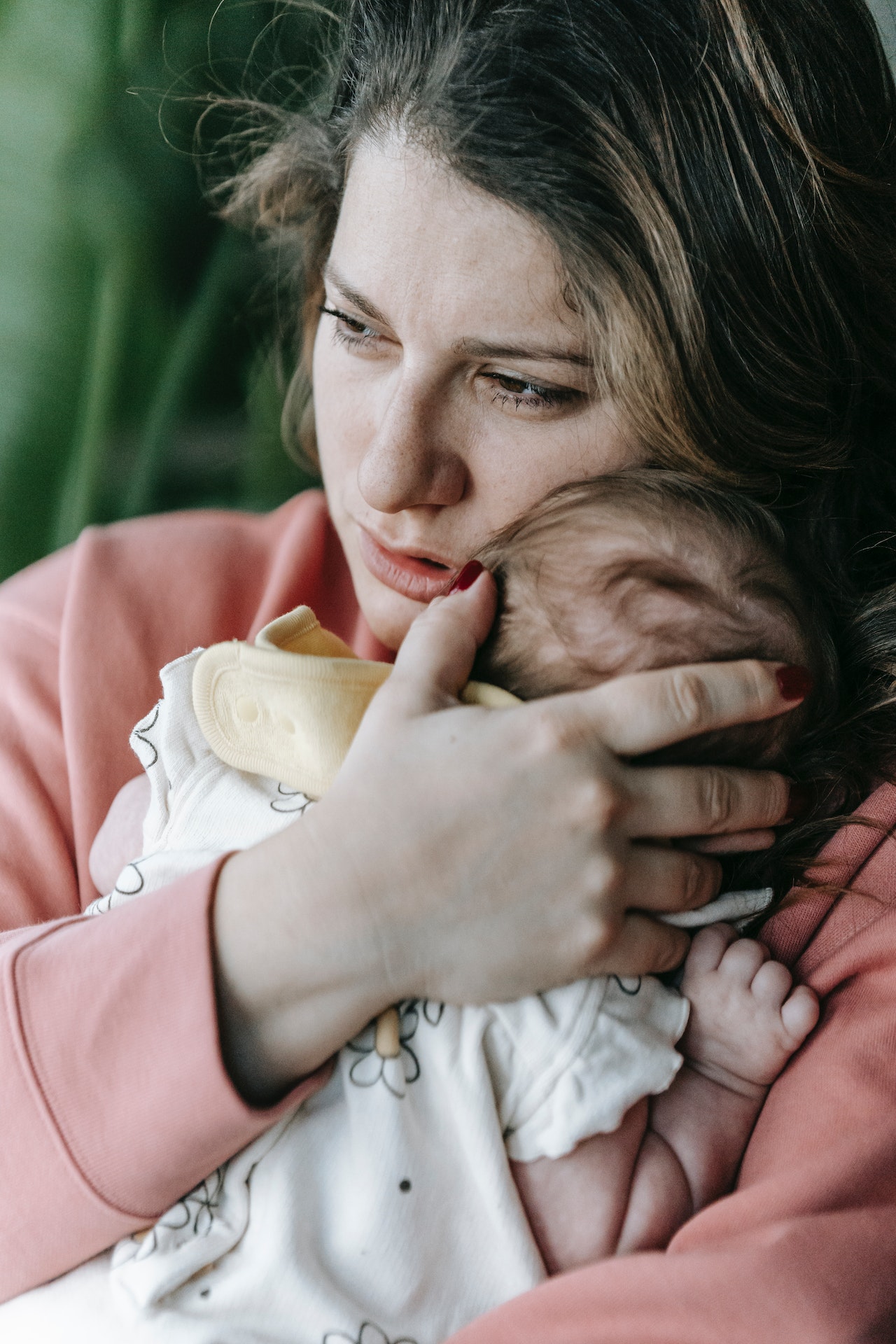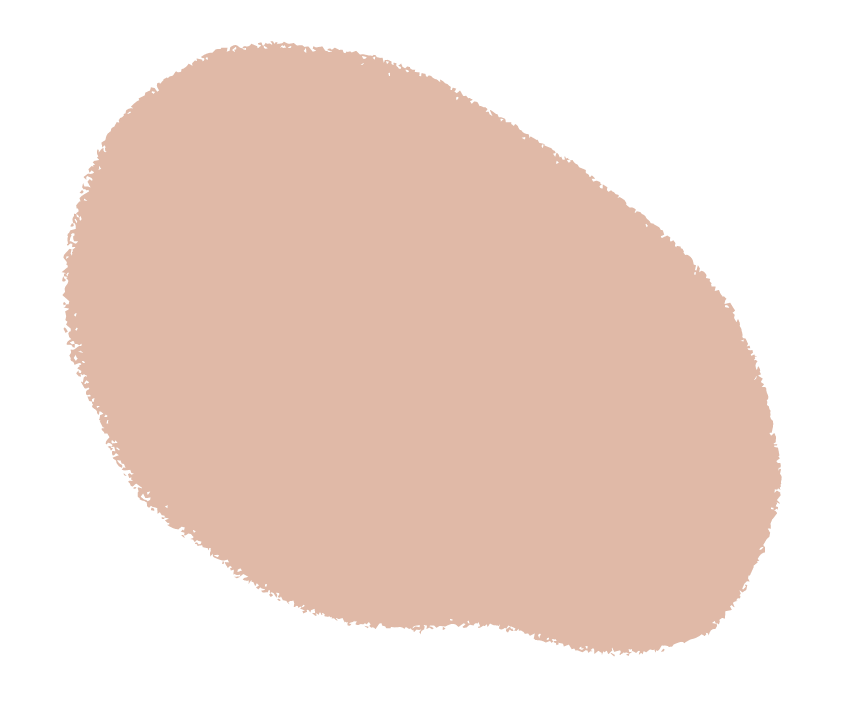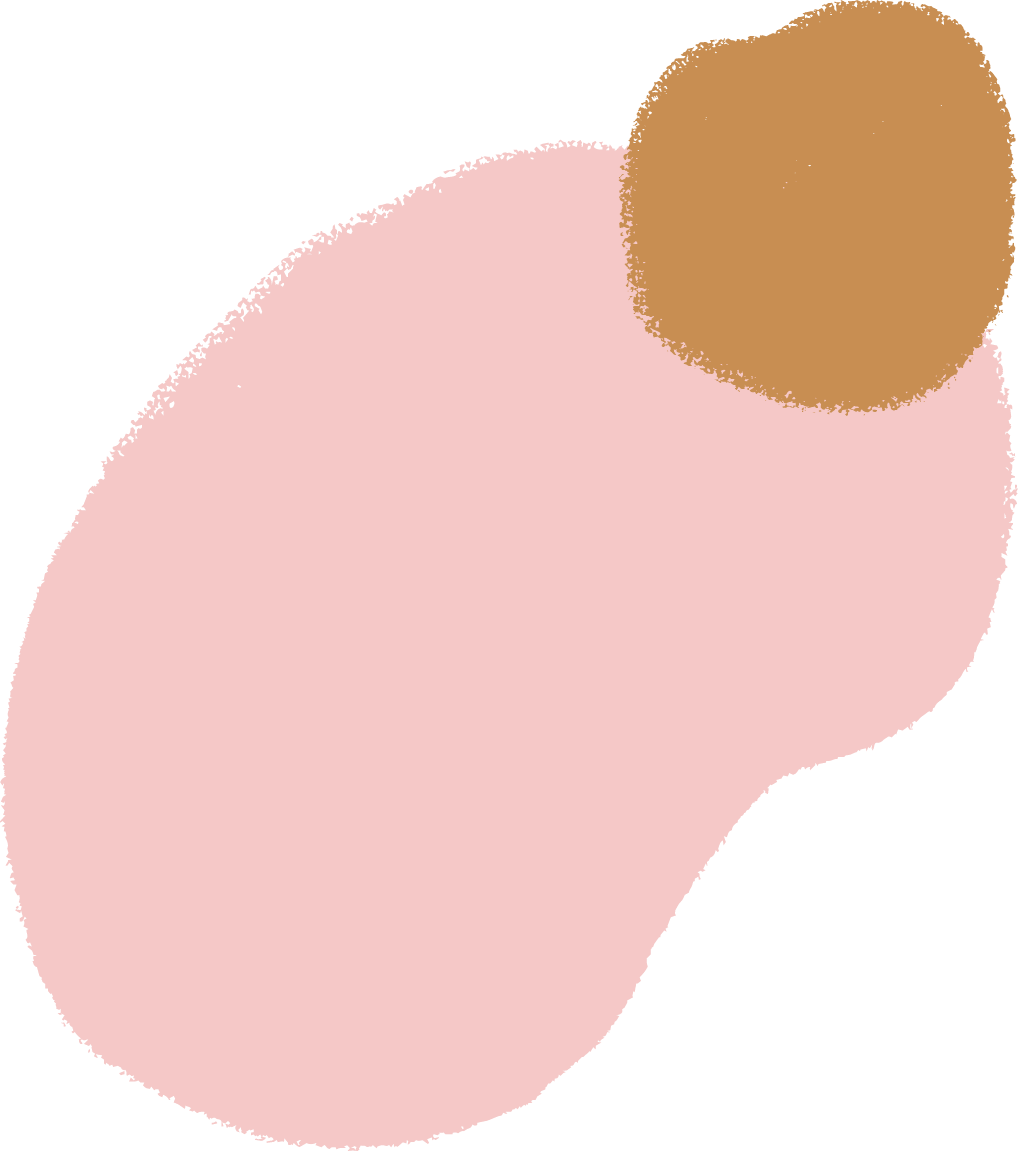
Is a “motherhood nature” innately built into a woman or does a mother develop this over time? The answer will give you hope.
Parenting is undeniably one of the most challenging roles a person can undertake. As a parent you raise little humans with impressionable minds who are like sponges and are profoundly impacted by all your intended and unintended messaging.
These children grow to have minds of their own and become the future decision makers and contributors (hopefully) of society.
It’s a daunting responsibility that begs a very important question: how do you learn to be a mother? Is motherhood nature innately built in, something you learn over time through experience, or is it a complex combination of various factors?
(As I am a mother writing this blog, I will be referring to mothers, but the concept of becoming a parent and how it can change can generally apply to fathers and caregivers too).
In this blog, you’ll learn about:
- What is motherhood nature?
- Is motherhood nature built in genetically or nurtured?
- How do you become a mother?
- Perfection vs. being good enough
- What is the criteria for being a good mom?
- What do you do when you are struggling?
- Put it into perspective: you are raising humans
What is motherhood nature?
It’s helpful to begin with defining nature and nurture: Nature refers to the genes we are born with (e.g. hair, skin, or eye colour, genetic predisposition to diseases) whereas nurture refers to environmental factors that impact us.
The age-old nature vs. nurture debate has lost relevance in light of scientific advances which underscore the impact of environment factors, such as nurturing environments, on the activation or suppression of genes.
There is a dynamic interaction between genes and the environment.
So what about a mother’s nature?

The science of a mother’s nature: a glance at the importance of oxytocin
There is substantial research in the fields of genetics, endocrinology and neuroscience revealing how men and women are different, specifically as it relates to becoming or being a parent.
While an exhaustive review is beyond the scope of this writing, I want to review a few studies that highlight how mothers and fathers are impacted by different hormones.
A study published in 2019 from the Journal of Endocrinology explored sex differences in neurobiology and parenting. Though oxytocin, the “love hormone” which is critical for bond formation (in all relationships)– which can happen at any time throughout the parenting journey – is found in both fathers and mothers, it appears oxytocin influences behaviour patterns differently.
Increases in oxytocin is linked to warmth and affectionate behaviour patterns in mothers whereas increases in oxytocin in fathers is more associated with physical interactions or gestures with children.
Women experience significant increases in oxytocin levels during labor and childbirth, which contribute to uterine contractions and facilitate her milk let-down during nursing. Men do not experience the same oxytocin surges, though studies reveal that when they interact with the pregnant or nursing mother, or their newborn, oxytocin levels do increase in fathers.
Research studies on adoptive and foster parents and oxytocin is a merging field and currently is very limited. A study published in Child Development found oxytocin to be associated with foster mother’s brain activation in response to viewing infant stimuli and the quality of maternal behaviour, which persisted over time. The amount of oxytocin was also linked to the amount of delight the foster mother’s showed toward their infants during play interactions.
All of this research shows that oxytocin impacts women in unique ways.
Also Read: Share the love with the moms in your life – find out what to get mom for Mother’s Day in Canada!

Testosterone, another hormone associated with mating and caregiving behaviours, seems to impact fathers and mothers differently. A longitudinal study published in the Proceedings of the National Academy of Sciences (PNAS) found that decreased testosterone levels in fathers were associated with more sensitivity to infant cries and distress and more engagement in childcare tasks.
Males have a higher baseline of testosterone compared to females which makes it difficult to study testosterone in mothers because variations in testosterone in females seem to impact mothers differently depending on other factors, such as stress and oxytocin levels. For example, another study found that when testosterone levels were high, there was a positive relationship between oxytocin and nurturing touch in mothers but not in fathers.
Finally, two other hormones, vasopressin and prolactin also play important roles in parental attitudes and behaviour in mothers and fathers, and their specific impacts seem to vary between the sexes though further research is needed to elucidate the impacts.
As research studies become more refined and we learn more about the complexities of hormonal influences on parenting, further exploration will help us understand the nuanced interactions between biology and caregiving.
Is motherhood nature built in genetically or nurtured?

Rewind back in my life to my part-time gigs of babysitting. A night of being with children left me drained (and not just from looking after the children), and I was always thrilled when parents of the children I babysat would suggest turning a movie on for the night.
Fast forward to my early 20s when someone I knew had a baby. I would offer out of politeness to hold their baby – however, I wasn’t particularly keen on babies because their wobbly necks were terrifying and their cries were highly distressing and evoked more anxiety than excitement.
Then, I became a mother.
My journey into parenthood began with adoption and I became consumed with a deep longing to hold, snuggle and just be with my son.
When I became a mother, I didn’t have a new baby, but a running, jumping, full of energy and ideas, precious-as-ever toddler.
I didn’t have a flood of oxytocin, the “love hormone”, in my body by childbirth or nursing – yet, becoming a parent profoundly changed both my husband and I in similar and different ways.
I wanted to create a home as a new family of 3; to nest, love and snuggle, nurture, protect, teach and parent our son. My husband wanted to love and wrestle, protect, parent and provide for us.
Several years later, I became pregnant and gave birth to my daughter. This time, I experienced the flood of oxytocin after giving birth and subsequent waves while nursing her.
A vastly different experience of becoming a mother again, as I had never parented in the newborn stage, though I had been a mother for several years.
Again, I was deeply changed.
As I continued to parent both my children, and later added our additional sons to family life, further transformations took place.
Over the past 11+ years, my motherhood nature has evolved; it has become a blend of warmth and nurture combined with an unwavering strength and fierceness of a kodiak bear.
How is a mother’s nature shaped by environmental factors?
I would be remiss not to mention the environmental factors that shape a mother’s nature. Familial, cultural and societal attitudes and expectations are deeply impactful on the development of a person’s identity.
If I reflect on my own life, my mothering nature towards my children has changed from my first child to my fourth. The initial imprint of how I mothered was greatly shaped by my own childhood experiences of how my parents raised me – our early templates become our default pattern.
In other words: our motherhood nature can change and evolve over time. It isn’t set in stone.
If you feel defeated reading that your early childhood experiences are a template, please don’t lose heart if you had hard childhood experiences. Just because you endured hard experiences does not mean you will parent in the same way. If you find yourself struggling or wanting to parent your children differently than the way you were raised, you can absolutely change your default patterns with awareness and support. Our brains can learn new patterns and ways of responding that become our default.
Recent developments in brain science show how plastic or malleable our brains are, which is incredibly hopeful. It’s never too late to start building or repairing a relationship, even if it didn’t start out the way you expected or hoped.
(And if you want to be a support for a mom during one of the most challenging times in her life, when she needs support the most, bringing her baby home – consider becoming a mentor here.)
Research on attachment and parenting has shown for decades that our early experiences significantly impact the development of our sense of self (such as how we understand ourselves as a mother) and parenting attitudes and responses.
Also Read: How parents affect development and how to build strong bonds with your kids.
For further exploration of this topic, I’d suggest Dr. Daniel Siegel and Mary Hartzell: Parenting From The Inside Out.
There are many significant environmental factors that impact our attitudes around parenting such as:
- Family dynamics and relationships (the presence or absence of conflict and support)
- Community and social support (having a village to wrap around, help, be a sounding board vs. feeling alone, overwhelmed and uncertain)
- Life stressors and traumatic events
- Exposure to media portrayals of mothers, fathers and caretakers shape perceptions and expectations of what it means to be a mother.
So to answer the question, is a mothers nature genetically built or nurtured?

Motherhood: nature or nurture?
It’s both – there is a complex interplay between genetics and environmental factors. Women have significant physiological and hormonal changes occur during pregnancy and childbirth that impact their maternal behaviors, emotions and attitudes around bonding, nurturing, and caregiving.
However, research on adoptive and foster mothers who are not biologically connected to their children, show similar levels of attachment, bonding and caregiving as biological mothers.
It is clear that part of motherhood is determined by hormonal changes and that also there is a complex-interplay of bio-psycho-social factors.
Can your motherhood nature change?
Gabor Mate, renowned Canadian psychiatrist says, no child has the same mother twice. Children biologically born from the same family, or raised under the same roof, can be vastly different in personality and temperament.
Given we are wired for relationships, we naturally are impacted from our experience of being with our children, just as our children are impacted from their experience of being with us. Just as no child has the same mother twice, children come to us with vastly different personalities from one-another.
Sometimes there is an “ease” or “good fit” between a mother (or any caregiving adult) and child (e.g. two extraverted, high energy, adventurous people) and other times, it’s much harder (e.g. an extraverted and adventurous parent parenting a more introverted child who can be overstimulated and feel anxious more easily).
The way a mother and child interact with each other, impacts and changes the other person in a reciprocal way. For example, an action elicits a type of reaction in the mother which in turn can elicit a reaction in her child.
Moreover, as you grow and go through life, you change. As I mentioned before, my attitudes, perceptions and mothering nature has changed over the past decade. As a Registered Clinical Counsellor who works primarily with children who have endured complex trauma, my deep dive into the research along with my own personal counselling, has significantly changed me and impacted how I parent my children.
How I began parenting with my first child changed compared to my fourth. As I came to understand how vulnerable and deeply impressionable a newborn is in those first few months, or how vulnerable a new child is when they join your family through adoption, my attitude for being with my own children and advocating for other women being supported changed. I didn’t take maternity leave after I became a mother with my first son, and I wish that I had; I didn’t know about concepts of cocooning and the importance of establishing a secure nuclear family.
And that is partly the point; your first child is, in a way, your guinea pig. You can’t be truly confident because you haven’t been through any stages before.
You can read all the parenting books you want, but caring for a child that is your sole responsibility is an entirely different experience.
From the first fever to the first tooth, to the first vaccinations and the first family vacation you are in new territory. You don’t have an experiential template for your first child, but you do for your subsequent children.
That’s why we need other mothers and people around us who have “been there, done that” and can calm the chaos, and be a support life raft amidst the emotional storms.

What is the criteria for being a good mom?
For our children to develop a secure attachment to us they need to experience feeling seen, soothed and safe. Renowned psychiatrist Dr. Daniel Seigel, calls these the 3S’s of secure attachment.
It is so easy for moms to heap on the guilt for having natural human emotions and experiences, such as being tired, worn out, wanting space, or feeling angry or disappointed.
If I had to sum up the criteria for what all the books and research indicates about being a good mom is: show up with presence (much easier said than done), allow your humanity to come through, while being the adult to your children. Now before you roll your eyes and dismiss that as a cliche answer, allow me to elaborate because it can be very hard to put into practice.
The more you push away or deny your lived experience of feeling tired, bored, sad, disappointed, angry, or lost, the harder living life will be.
Also Read: Get more information about the effects of mom burnout here.
“Good enough” mothering
You don’t have to be all things to your children at all times.
There are so many nights I have checked on my sleeping kids before going to bed myself, and felt a wave of regret for all the ways I wasn’t a great mother to them that day.
It’s a common experience for many parents. What is important about this regret, or disappointment with how we behaved, is that it illustrates that we cannot be the parent we always want to be. The reality is that children will thrive without us being superheroes.
What they need is for us to show up with presence.
And too many parents are not present. I’m not suggesting we need to be present all the time, that’s not realistic or developmentally necessary for children, but when we do talk to our kids, or answer their questions, or read them a story, or nurse them – too often we are distracted (often with technology) and it impacts our ability to attune to our kids.
Children can thrive without many things in life, but not without a present parent.
Accept your humanity. You aren’t perfect and you can strive to grow; it’s not an either/or situation but a both/and.
The paradox is that when we accept our own humanity and lived experiences, it becomes easier to accept our children’s reality and accompanying emotions.
This doesn’t mean you have to like your newborn’s cries or child’s anger. It simply means that your child’s emotions are varied and will come and go, and that instead of creating judgements around which ones are acceptable to you, you are able to accept they have a different reality than you.
When we practice this daily, deep acceptance for how we feel (remember, acceptance is different than liking something) or what our children feel we can:
- Become less triggered and have more capacity to be curious about what is driving our children’s behaviour (are they hangry, tired, scared, disappointed, are they off their rocker because their brain is developmentally immature and needs help?)
- Differentiate our reality from their reality (our child may be upset but we have greater ability to not be sucked into their vortex of chaos). For example, say something to ourselves such as, “My child is disappointed and having a hard time, but their reality is different than mine. I am not experiencing their disappointment.”
- Reframe a hard situation – hearing crying or fighting can be highly distressing and exhausting but it won’t last forever.
When you learn to accept your humanity – which can be a long process of healing depending on your upbringing – you develop greater capacity to accept your children’s humanity and hopefully see your children for who they are, soothe them when they are in distress and help them feel safe.
If that sounds foreign or hard, perhaps spend time exploring your internal world with a trusted loved one, a crew of mom friends, or a mental health professional.

What do you do when you are struggling?
I hope it’s clear that “motherhood nature” isn’t a fixed state or trait. Our motherhood nature can change and grow.
I want to reiterate, work on letting go of perfection. There is a tension that all parents need to balance in striving to grow and become the best parents they can, while acknowledging their shortcomings. We all have shortcomings. You are a human not a robot, that is what makes you interesting.
You have an attachment history that has deeply impacted you the person you are today; most parents are doing the best they can with the tools they have.
Though we all struggle as parents, it’s so much worse to do it alone. We are wired to be in relationships with others and we need friends and seasoned mothers come alongside us for encouragement, guidance, and relief.
If you are struggling, connect with social media accounts like Diary of an Honest Mom, The Good Mutha, Raising Yourself, or Lindsey Gurk to normalize your experience and hopefully feel a little less alone.
If you are struggling, you are being a good mom by getting help; you are not weak. There are many resources available on the Canadian Mental Health Association.
If you are struggling as a parent from traumatic events you had as a child, check out Complex Trauma Resources to begin the process of healing. .
Part of healing means making connections with a village of mom friends who have got your back, and who may be struggling with the same parenting challenges and life experiences that you are. If you are going to be a new mom and you don’t have a village of support around you, make sure you apply for care here.
Put it into perspective: you are raising humans
Every difficult stage of parenting can feel like it takes forever. The first step to shifting your perspective is to think not about the difficulty of your present moment, but to consider the bigger picture.
Imagine yourself 5 years from now by asking yourself these question:
- How old will your child(ren) be?
- How old will you be?
- What stage of life will you be in?
- Who will be in your life?
- Who may not be in your life?
- How would you like to have grown as a person?
One of the best pieces of advice my parents gave me was, “this too shall pass.” The stages of our children won’t last forever. The sleepless nights will one day be over. The behaviour of siblings chucking toys at each other will not endure.
Being a mother is one of the hardest things you will ever do. It will change you – and it should. The experiences change you forever, in so many deep and meaningful ways. I believe if you allow it to transform you, it changes you for the better.
Your motherhood nature will change as you change.
Embrace the complexities and nuance, learn and strive to grow while honouring your humanity. And above all, find other mothers who will walk-alongside you to be a source of strength and support. You were never meant to do it alone.
If you want to support more mothers, donate now to ensure a new mom has a village of support around her she needs when she has a new baby.








0 Comments